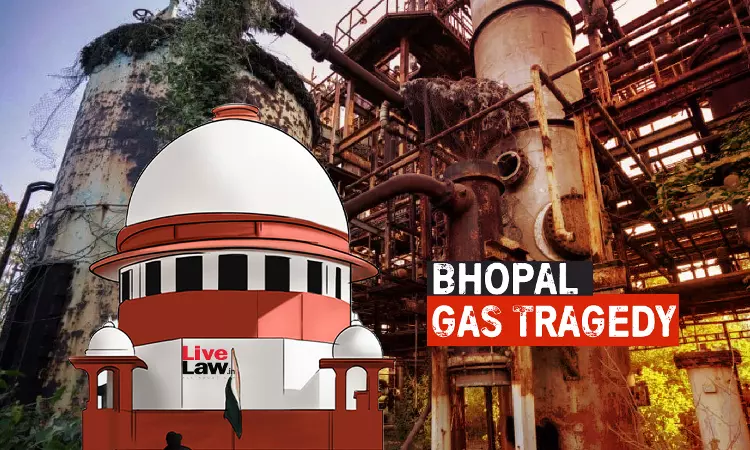Supreme Court Refuses To Halt Disposal Of Chemical Waste From Bhopal Gas Tragedy At Pithampur
Anmol Kaur Bawa
27 Feb 2025 12:18 PM IST

Next Story
27 Feb 2025 12:18 PM IST
The Supreme Court today (February 27) refused to interfere with the direction of the MP High Court which ordered the disposal of chemical waste from Bhopal Gas Tragedy site at Pithampur. The Court granted liberty to the parties to raise their grievances before the High Court. The bench of Justices BR Gavai and AG Masih, was hearing a petition assailing Madhya Pradesh High Court's direction...
